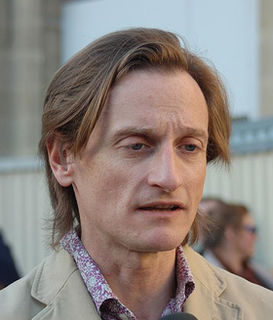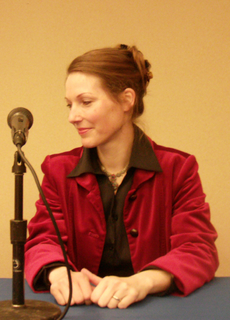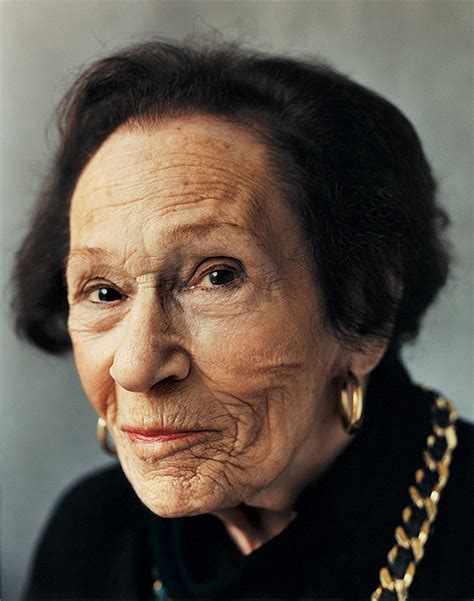A Quote by Kurt Russell
Human beings, from their own point of view, are very different than what people see.
Quote Topics
Related Quotes
[T]he more clamour we make about 'the women's point of view', the more we rub it into people that the women's point of view is different, and frankly I do not think it is -- at least in my job. The line I always want to take is, that there is the 'point of view' of the reasonably enlightened human brain, and that this is the aspect of the matter which I am best fitted to uphold.
We're obviously in a strange environment where practically anyone can set themselves up as a pundit of sorts. It's all about sorting the wheat from the chaff, and I'm very interested in reading different points of view, and certainly different generations than my own that have such a very different world view.
People expect artists to be too normal, I think. I've been around enough of them now to see that they're very extraordinary human beings who behave differently than ordinary human beings. If they weren't as sensitive as they are, they wouldn't be great artists. They are not the same as us. People should just learn to accept that.
Our time has been distinguished, more than by anything else, by a mastery, a control, of the external world, and by an almost total forgetfulness of the internal world. If one estimates human evolution from the point of view of knowledge of the external world, then we are in many respects progressing. If our estimate is from the point of view of the internal world, and of oneness of internal and external, then the judgment must be very different.
We go to sea repeatedly from Melville's time on - and the image of men at sea, like the image of men in the wilderness, seems to me to be almost an archetypal image of human beings on their own, human beings making their own way, guiding themselves by the stars they can see - rather than by faith or prayer or invisible forces.
Everybody you work with sees what you're doing from a different point of view, a very specific point of view. So, if someone is lighting, they're seeing it from that point of view. A production designer is seeing it from the placement of furniture that tells you about the character. Everything that goes into the room should tell you about the person who lives in that room.
Too many people hold a very narrow view of what motivates us. They believe that the only way to get us moving is with the jab of a stick or the promise of a carrot. But if you look at over 50 years of research on motivation, or simply scrutinize your own behavior, it's pretty clear human beings are more complicated than that.
We are all different human beings, and we all have different backgrounds, and we stem from different social strata. That is what defines how you hear people talk, how you want to quote them when you speak. We all have different fears and doubts and complexes and this is what shapes the way we see other people. Especially characters.




































